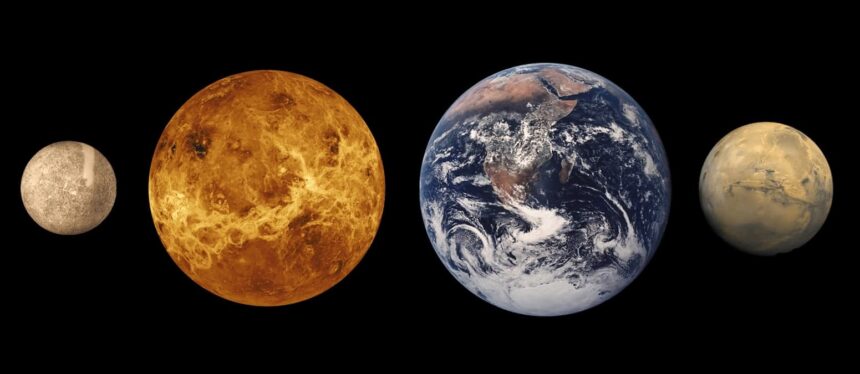How Long Will It Take to Get to Each of the Planets
We are 41 million kilometers from Venus, 78 million kilometers from Mars, and 4.3 billion kilometers from Neptune. How long did it take various space probes to reach these planets?

We are 41 million kilometers from Venus, 78 million kilometers from Mars, and 4.3 billion kilometers from Neptune. How long did it take various space probes to reach these planets?



